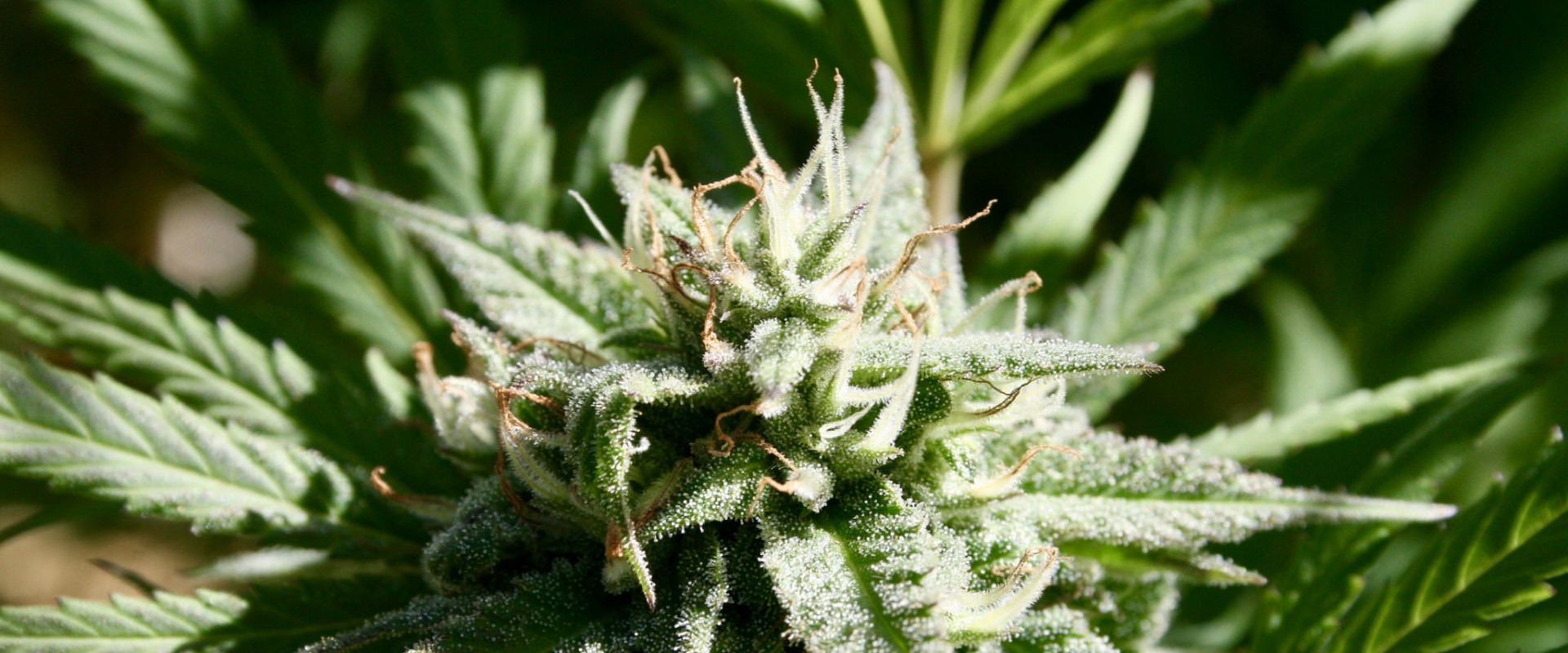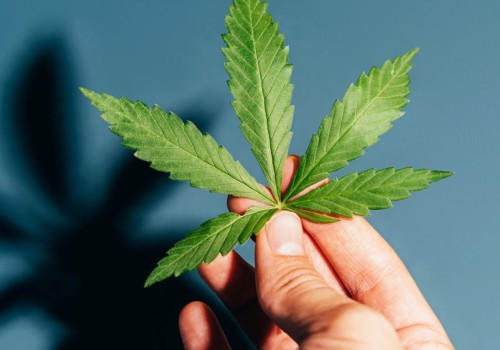Conflicting and unclear information is currently circulating on the Internet regarding the legality of hemp-derived THC delta-8 in New York. According to state law, the sale, distribution, production and manufacture of delta-8 products is not allowed. However, the law surrounding the use and possession of delta-8 is not clear. The U.
S. Food and Drug Administration (FDA) recognizes the potential opportunities that cannabis or cannabis-derived compounds can offer and is committed to protecting public health while taking steps to improve the efficiency of regulatory pathways for the legal marketing of cannabis and appropriate cannabis-derived products. The FDA has a number of resources available that address cannabis and cannabis-derived products, such as CBD, and wants to ensure that consumers and other stakeholders have access to these resources in one centralized place. To date, the FDA has not approved a marketing application for cannabis for the treatment of any disease or condition.
However, the FDA has approved a drug derived from cannabis and three cannabis-related products. These approved products are only available with a prescription from an authorized healthcare provider. The FDA has approved Epidiolex, which contains a purified form of the drug substance CBD for the treatment of seizures associated with Lennox-Gastaut syndrome or Dravet syndrome in patients 1 year of age or older. Epidiolex has also been approved for the treatment of seizures associated with the tuberous sclerosis complex in patients 1 year of age or older. The agency has also approved Marinol and Syndros for therapeutic uses in the United States, including the treatment of anorexia associated with weight loss in patients with AIDS.
Marinol and Syndros include the active ingredient dronabinol, a synthetic delta-9-tetrahydrocannabinol (THC) that is considered the psychoactive component of cannabis. Another FDA-approved drug, Cesamet, contains the active ingredient nabilone, which has a chemical structure similar to THC and is synthetically derived. The FDA remains concerned about the proliferation of products claiming to contain CBD that are marketed for therapeutic or medical uses, even if they have not been approved by the FDA. Often, these products are sold online and are therefore available throughout. Selling unapproved products with unsubstantiated therapeutic claims is not only a violation of the law, but it can also put patients at risk as these products have not been proven to be safe or effective. This deceptive marketing of unproven treatments also poses significant public health problems as patients and other users can be influenced not to use approved therapies to treat serious and even fatal diseases.
Unlike FDA-approved drugs, products that have not undergone FDA review as part of the drug approval process have not been evaluated to determine if they work, what the appropriate dose may be if they do, how they might interact with other drugs, or if they have side effects dangerous or other type of security worries. The FDA is aware that unapproved cannabis or cannabis-derived products are used for the treatment of a number of medical conditions including AIDS wasting, epilepsy, neuropathic pain, spasticity associated with multiple sclerosis, and nausea induced by cancer and chemotherapy. The agency relies on applicants and scientific researchers to conduct research on safety and efficacy of cannabis products through appropriate and well-controlled clinical trials. The FDA will continue to facilitate the work of companies interested in properly marketing safe, effective and quality products including scientific research on medicinal uses of cannabis. Additional information on research on medical use of cannabis is available from National Institutes of Health (NIH), in particular National Cancer Institute (NCI) and National Institute on Drug Abuse (NIDA).The FDA is aware that several states have passed laws that remove state restrictions on medical use of cannabis and its derivatives or are considering doing so. It is important to conduct medical research on safety and efficacy of cannabis products through appropriate and well-controlled clinical trials. Information from reports of adverse events related to cannabis use is extremely limited; FDA mainly receives adverse event reports for approved products.
General information on possible adverse effects of cannabis use and its components may come from published clinical trials as well as spontaneously reported adverse effects submitted to FDA. Additional information is needed on safety and efficacy of cannabis and its components. Cannabis clinical trials conducted under an IND request could collect this important information as part of drug development process. An exception to section 201 (ff) ((B) exists if substance was marketed as dietary supplement or as conventional food before drug was approved or before new drug investigations were authorized, as appropriate. However, based on available evidence, FDA has concluded that this is not case for THC or CBD. The FDA is not aware of any evidence that would challenge its current findings that THC and CBD products are excluded from definition of dietary supplement under section 201 (ff) ((B) of FD&C Act. Interested parties may submit to agency...




